FOR doing nothing isn’t an option when it comes to sustainability. An engineer by trade, she’s now harnessing tech and innovation to turn a Moroccan fertiliser company carbon neutral by 2040.
“For me, sustainability is a way of living, a way of thinking. It’s being conscious and absolutely in harmony with the communities around you, with the planet As the Executive Director of Sustainability and Green Development at OCP Group, is driving up sustainability at a state-run company that feeds global agriculture I was a chemical engineer in charge of the production of fertilisers and power plants, and this helped me to see the reality on the ground and be more conscious about the impacts on our environments.
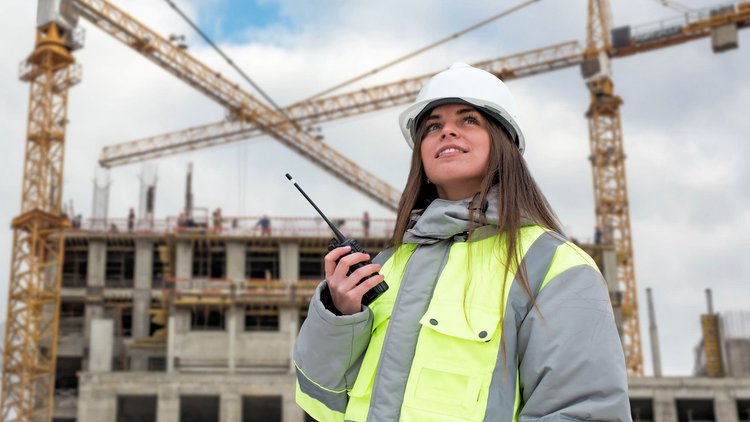
I started also being aware of the climate change impacts. Now we are starting to see a reality and real effects on the ground.
OCP makes fertiliser out of phosphate, mined in Morocco. The production process is water and energy intensive. Ammonia is also part of the process. Begging the question: how can it ever be sustainable in the true sense of the word We consider our mission a planetary mission and a humanitarian mission, working for food security etcetera. We’ve invested a lot to make sustainability a core component of our strategy. We also work on providing sustainable road maps for water consumption, for energy, for resource consumption. says . Unfortunately, the amount of organic raw materials that exist in the world is not sufficient to feed all the needs of the planet in terms of fertilisation. It’s a very small amount.
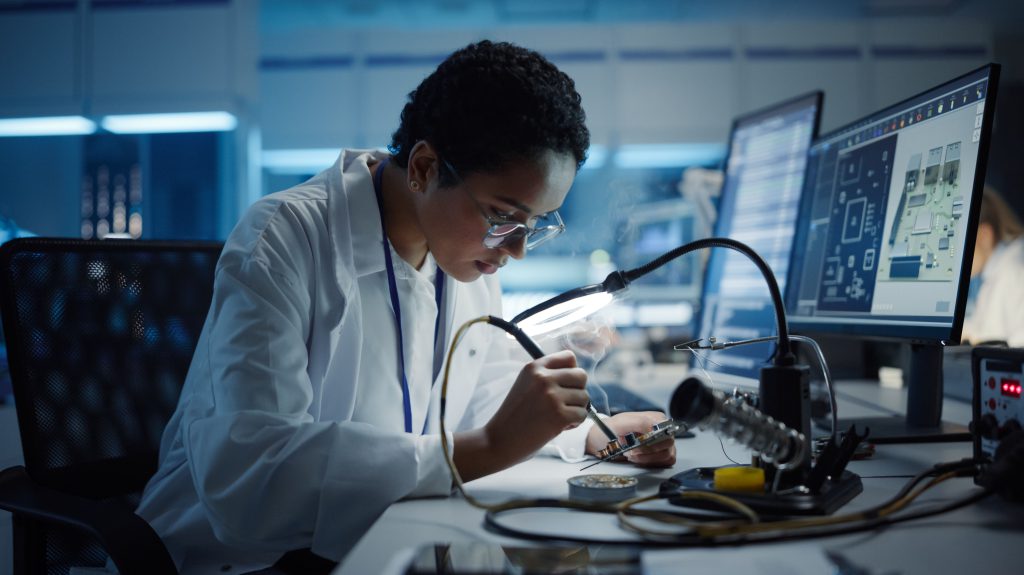
OCP has invested heavily in tech and innovation like water desalination, and wind and solar power, as it looks to reach carbon neutrality by 2040. But 18 years is a long way off in a world that’s constantly changing. Lots of our challenges are linked to the need for technology, technology development, to R&D and, to be realistic, it cannot be achieved earlier than that,” explains .
“Innovation is very important to make the scale-up happen. We know how to produce green hydrogen, but we still don’t have the model.
to scale it up and feed it with clean energy all day because you need to deal with the intermittency of solar, wind etcetera. So, innovation is coming to fix that For , becoming a sustainability leader in a traditionally male-dominated sector has not been without its difficulties The biggest challenge is stereotypes,” she says. “The fact that many people think this is an area of men and women don’t necessarily have their place there. Many women around me are also fighting against this kind of perception.
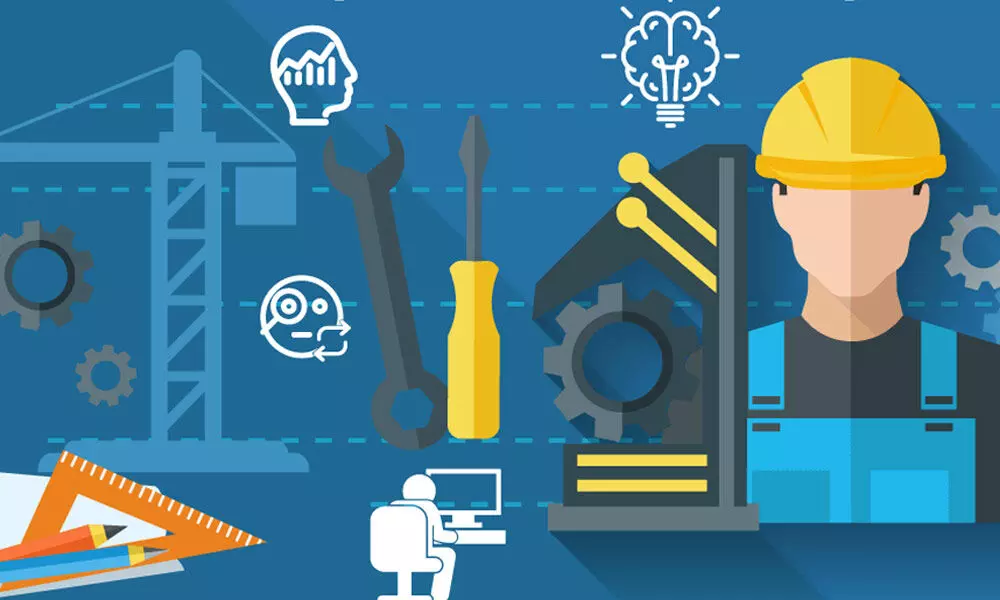
OCP has focused heavily on driving up diversity and inclusion in its business, with 30 percent of management now women and 60 percent of new hires in mining and chemical facilities being female Earlier this year, won an award from the World Business Council for Sustainable Development, praising her leadership during the pandemic I think it’s very simple. as she defines what makes a good leader. “When you give sense to people around you and you have a common objective, then everything becomes very
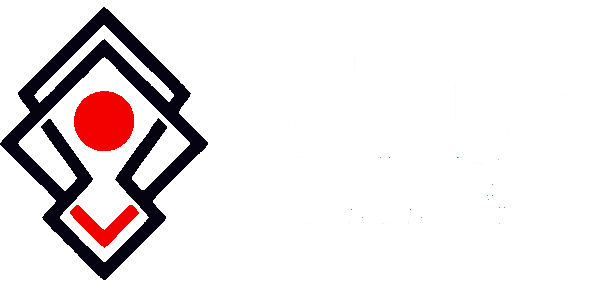
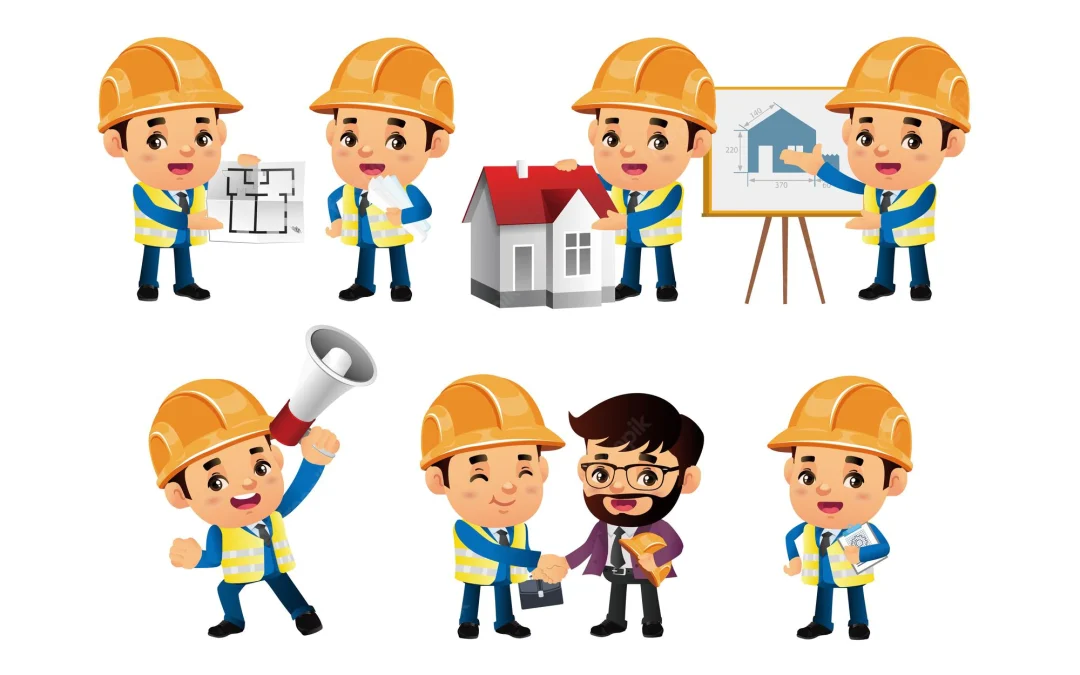
Recent Comments